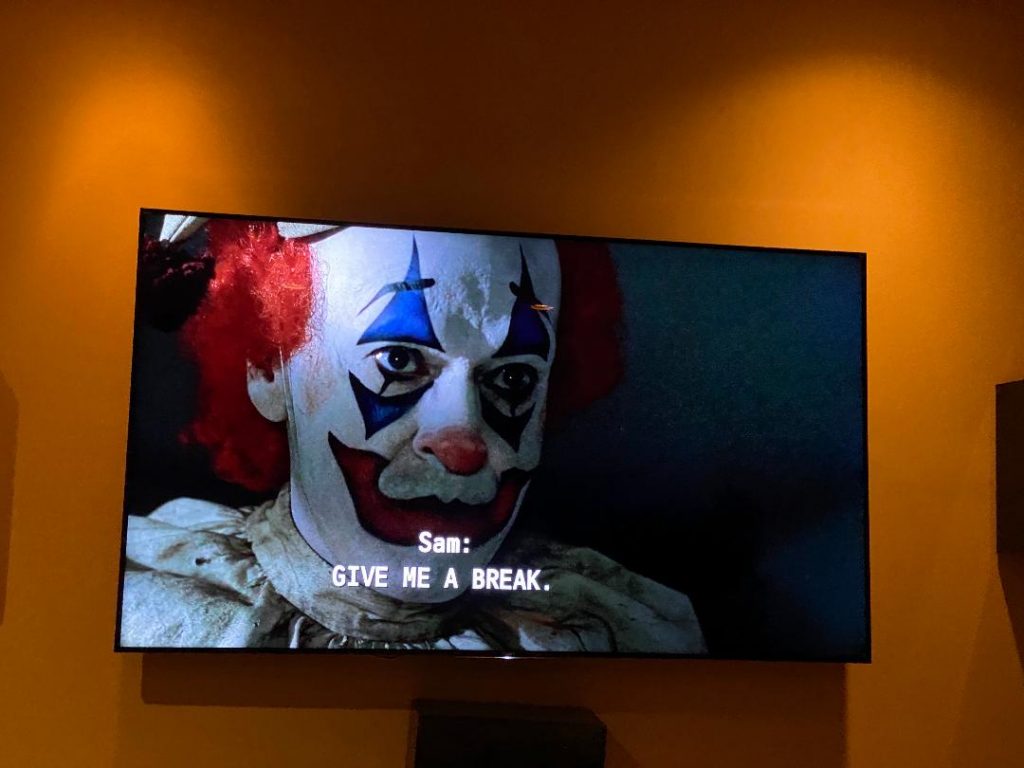O.K. This is officially pretty close to nuts. It’s Thursday and we don’t have a President. The oddest pronouncements are coming out of the White House and Twitter is censoring the tweets coming down from the top. Even if your kids have not said anything, teachers and parents, they are processing.
Many of you may think this is too much politics for children to handle. I have friends who are stunned by today’s circumstances. Stunned. If the kids are not talking, I suspect dumbfounded adults are also hoping to be able to keep silence awhile, at least until they can process what happened. How did it turn out this way? How can it be that close?
But our students are fully involved in 2020’s Presidential election for the most part. The passion that inspired votes on both sides has permeated U.S. households for months and, in some cases, years. Students may be feeling hopeful, waiting for the numbers to turn out right. Some will be traumatized. Biden or Trump was to supposed to SWEEP this nation.
The school of 2020 is already the weirdest thing those kids have ever experienced and hopefully will ever experience. Teachers drilled and drilled proper classroom procedures until 2020, when they drilled a whole new set of procedures. In some homes, school now takes place in a bedroom or kitchen. Suddenly our students walk through seas of masked men and women. Nobody gets to play in McDonalds, although the drive-thru lines are keeping the McNugget pipeline open.
Fortunately, kids are kids — and far more adaptable than adults. They also take their cues from adults. This may be next to impossible, but I’d like to suggest we keep as calm as possible. This is an amazing learning opportunity if we step back from the details, back from the hit our ideals have taken. This is the most fascinating Presidential election of my now-retired lifetime. And I hope it’s the last such fascinating Presidential election I ever see.

But what an opportunity to teach how U.S. elections work! What an opportunity to discuss democracy. If we can’t find a few million teachable moments in this mess, we don’t deserve to be called teachers.
This is a tough lesson to put together, probably impossible to do entirely right. That teacher in the front of the room or running the Zoom should not be politicking at all. A best attempt at objective discussion is demanded by the material, with the understanding that there are landmines in this discussion, landmines that can’t be allowed to detonate. Children of color and LGBTQ students are especially vulnerable right now. Those students must be made to feel supported and safe.
This social studies lesson must be a lesson in civility, a lesson in how to treat people with whom we disagree. Even the faintest whiffs of rejection and bullying have to be shut down.
If I did not think I could maintain a safe discussion in my classroom, I would sadly let my civics lesson on elections go, quickly shifting to another topic. Student safety must always come first.
If you have a classroom that can manage to explore the details of the 2020 election, though, I’d prepare the long list of questions; What is the electoral college? How did we get to this place? How can you win more of the popular vote and still lose the election? I’d prepare a pretty detailed case to show that this country has no history of any serious voting fraud and I would discuss the barriers to that fraud. Run the map, the various versions of the map over time.
Ask questions. What do you know? What do you want to know? How can you use the internet to find out what you want to know? What search terms might be effective? How can you know if a source is trustworthy?
Eduhonesty: The most apolitical of our high school students are watching the news right now. Kids of all ages are asking questions. I’d wade as deep into the chaos as possible while protecting my more vulnerable students — because the kids are trapped in the chaos anyway. Just as not teaching sex education will not stop early sexual activity — not teaching the politics of this election will not stop students from drawing conclusions about the election.
There’s much too much propaganda floating around out there now. Malcolm X once said, “Education is the passport to the future, for tomorrow belongs to those who prepare for it today.” Many of us were not prepared enough for this election. We will be better prepared in the future. Part of that preparation requires helping America’s students to understand what’s real and what’s not real, what’s right and what’s not right. We’ve got this.
We can do it.
P.S. In response to feedback about curriculums and students being too young — Before testing ran so completely amok, once, long ago, we trusted our teachers. When they pulled out 4th grade books for 5th grade readers, no one insisted they use the scheduled 7th grade book instead. That was a delightful, if now distant, time. Again, we trusted our teachers. Who knows what’s best for the kids in Mr. T’s class? Mr. T knows. He knows his kids. Let Mr. T make the call then about any election discussion.
Because not explaining what is happening at all leaves at least some kids to fill in the details for themselves. That’s not fair. The election process doesn’t get more complicated than this.
